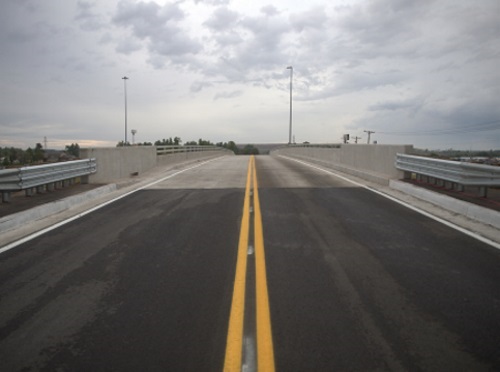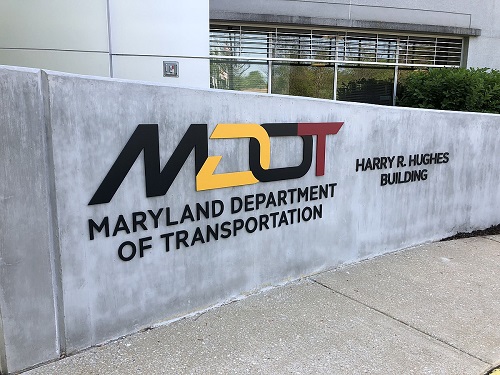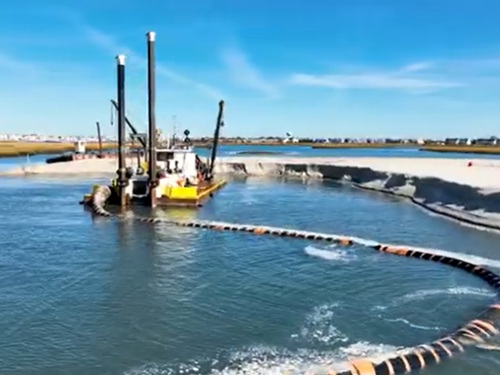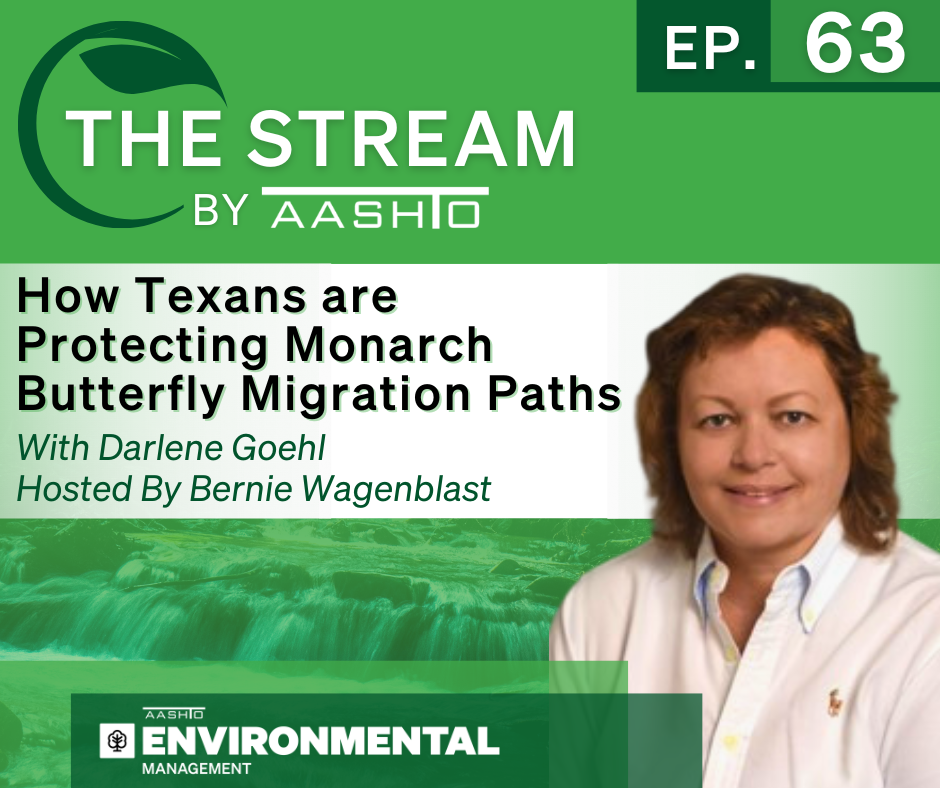On October 20, the Federal Highway Administration provided $7.1 million in total funds to 25 state departments of transportation involved in the agency’s ‘Climate Challenge’ program. This is the program’s first funding cycle, FHWA said.
[Above photo by the Oklahoma DOT]
The agency launched its Climate Challenge initiative to quantify the impacts of sustainable pavements and to demonstrate ways to reduce greenhouse gas emissions in highway projects using sustainable construction materials. That effort is part of a broad array of climate-focused programs FHWA kicked off in April.
“As the sector of the U.S. economy that produces the most carbon emissions, transportation must be a central arena for solutions in our fight against climate change,” said Pete Buttigieg, secretary of the U.S. Department of Transportation, in a statement.
“Sustainable pavement may not sound glamorous, but it’s an example of the kind of creative and important work needed at this moment, and we’re proud to support innovative efforts in this field across the country,” he noted.
State DOTs that received awards include:
- The Rhode Island Department of Transportation received a $312,000 grant to support a $1 million project to coat a 2,000-foot section of North Road where it crosses Great Creek with permeable pavement. This project seeks to demonstrate the viability of using permeable pavement as a way to mitigate the impacts of coastal flooding on low-lying roads.
- The Hawaii Department of Transportation received a $312,000 grant to help build a $6 million plastic recycling research facility. Expected to be up and running within two years, the facility seeks to convert waste plastic into new products for use in transportation infrastructure projects.
- The Maryland Department of Transportation received a pair of grants to investigate the service life and environmental performance of products and materials used in highway projects, such as asphalt and concrete, as well as how dredged material from port construction could create vegetated earth berms to help control erosion at highway project sites.
The Climate Challenge Initiative is part of an FHWA-wide effort announced during Earth Week 2022 to identify innovative ways to reduce greenhouse gas or GHG emissions from the transportation sector. It also supports the new Carbon Reduction Program FHWA rolled out in April that provides $6.4 billion in formula funding over five years for states and localities to develop carbon reduction strategies and other climate change issues.
FHWA’s Climate Challenge program provides funding, training, and technical assistance to help state DOTs and other public sector stakeholders explore the use of Life Cycle Assessments (LCAs) and Environmental Product Declarations (EPDs). Together, LCAs and EPDs illustrate the environmental impacts of pavement materials and products, including quantifying GHG emissions. These standard practices can inform decisions for highway construction projects, pavement material, and design.
During this cycle of Climate Challenge funding, FHWA plans to host peer exchanges and webinars and develop case study reports to share lessons learned, outcomes, and next steps for further implementation. Over the next two years, participants will receive training and work with various stakeholders including industry and academia to implement projects that quantify the environmental impacts of pavements using LCAs and EPDs.




